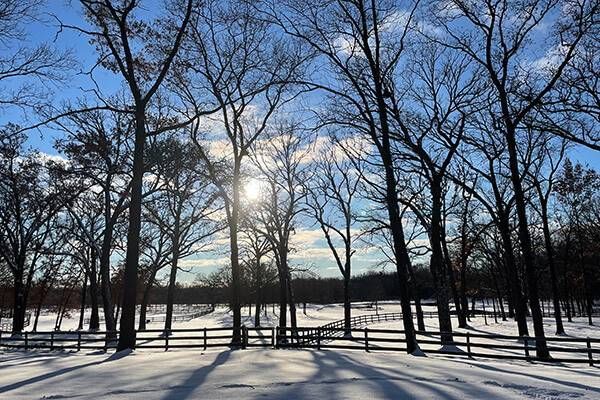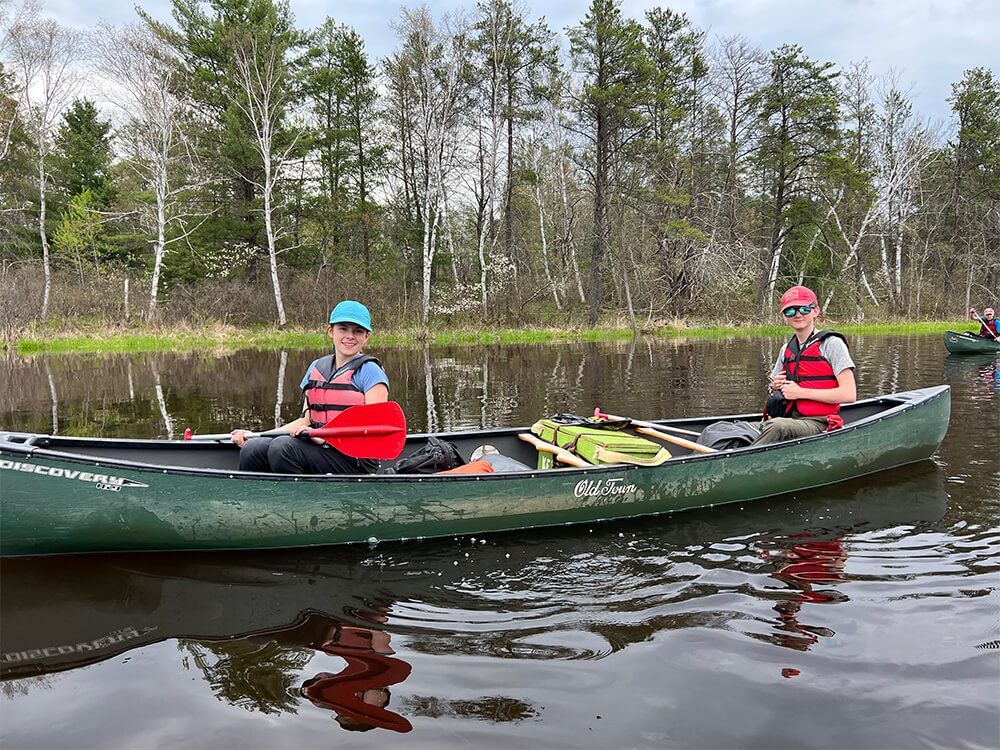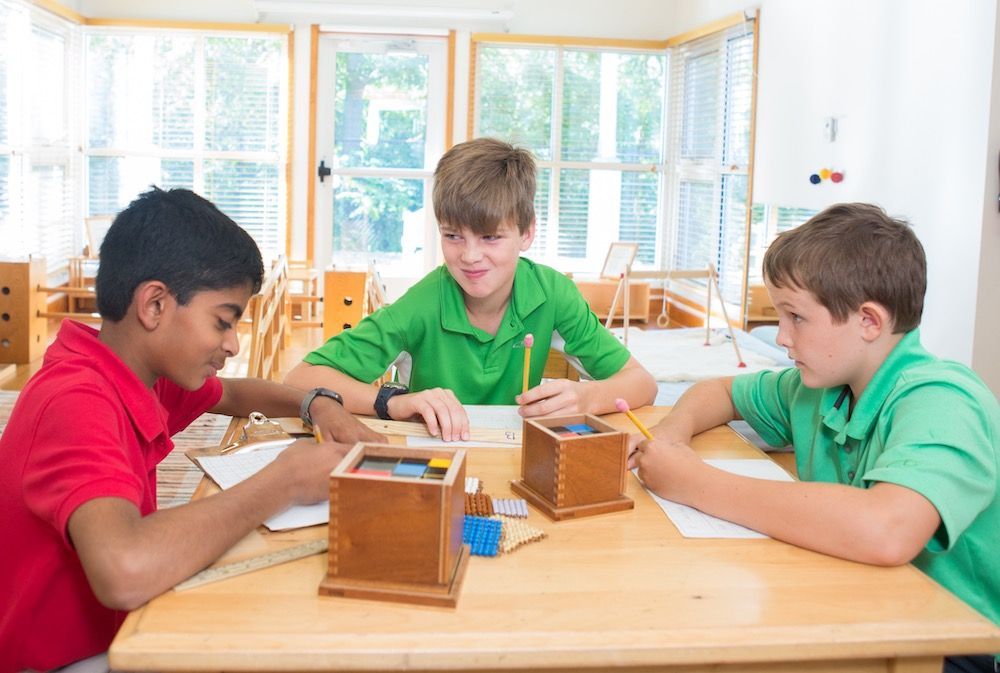
I know I am not the only person who has re-defined the meaning of the word “essential” during this pandemic—or at least, come to a more nuanced understanding of it. As the world shut down in the spring of 2020, and we were driven to our homes, we called the people who did the work that absolutely had to be done “essential workers.” We wrote signs for garbage truck drivers, we thanked the grocery store cashiers profusely, and we wept with gratitude for the doctors and nurses who courageously showed up day after day in hospitals. Through this experience, we realized what work is truly essential to our daily living.
Similarly, we developed a visceral understanding of the word as it applied to our own lives. We experienced how vital, and how fragile, the basic necessities of our world are—food, access to water for hygiene, possibilities for human connection. We experienced many of these as a loss or became aware of how tenuous our access to these essential requirements for healthy living are.
I read recently that one of the gifts of winter is that it strips our lives down to what is essential. Winter lacks abundance, it lacks warmth, it lacks a feeling of limitless possibility. In winter, we remember what matters most, and we focus on and nurture those parts of our lives for the health and bounty of our spirit—no small task during cold, grey days. But the gift of this experience is the reminder of what matters. It is the opportunity to develop our relationship with these essential elements in our lives.

To that end, the pandemic itself has been a vast global winter. It has been a time of deprivation, of limitation, and of scarcity. We haven’t had easy access to the features of life that many of us have become accustomed to—travel, frequent social gatherings, seeing smiles in stores. And even with the fortune of having children back at school in person, what is missing during a second year of masking, social distancing, and a heightened anxiety about normal childhood illnesses? These are losses we don’t even have a name for yet.
So far as I can tell, this is our opportunity to examine what has been essential for us during our pandemic, our winter. And by examining how we understand what is essential, we can alchemize this experience into wisdom. We can deepen our ability to sustain ourselves for future challenges and for continuing to appeal to our better natures as we find ways to navigate this together.
When I consider the experiences I had during the pandemic, the essential elements rise quickly to the surface. It is clear what I have needed for my spirit to survive and thrive: Friends, Kindness, and The Ability to Create Joy.
Friends
I’ve always considered myself a person who is ambivalent about being social. On the one hand, I love people. On the other hand, I get tired and want to lie on the couch by myself after social activities. The beginning of our spring 2020 lockdown appealed to me. There were no social commitments, no casual conversations at the grocery store. And our quiet school year also had a certain attraction; we didn’t have to leave the house for anything extra, I didn’t need to drive our children to activities or friends’ houses, and we didn’t have obligations for holidays or special events.
But that year also contained a certain dryness. It felt flat, I felt empty too much of the time, and our children took turns in tears from missing playing freely with friends. “We need each other.” I heard a whispering in my heart. “We need each other.” It was only through the connections I maintained with friends that I survived that year with any of my sanity. We texted, we walked outside, we left each other messages, we sat around a fire. We laughed and cried and shared our struggles. Then, when my need for support became acute because of a loss in my family, these friends, all of whom were in similar states of depletion, filled my life with care and attention. I was humbled by their love. Friends were an essential nourishment.
Kindness
I don’t know anyone who hasn’t been depleted by the last year and a half of their lives. We’ve all fallen apart in different ways at different times. “We are all losing our minds,” I told my mother recently, when she shared some unusual behavior she had observed in a friend. There’s no other explanation for the way many people are acting right now. We are all losing our minds.
This pandemic has brought out the best in us, and also the worst. This is no small wonder. It has used all our reserves. And then, when we thought we were taking a breath again this summer, it asked for more. It feels like we have nothing left.
This is why kindness has been necessary—more than it ever has—in my own life. Whether it’s the patient doctor, who answers extra questions about a health issue, or the barista, who lets me have the hot chocolate for free because I forgot my wallet. It’s teachers, who are gracious with children and parents, and neighbors, who take the extra time to drop off cookies or a note.
The kindness shown to us has allowed us to keep giving. And the kindness we show others allows us to keep connecting. This, accompanied with the compassion and humility necessary for seeing that everyone is suffering in their own ways, is essential for our survival and continued connection to each other in this world.
The Ability to Create Joy
This final essential element is new for me during these last two years. I have had a lucky life; I haven’t wanted much for health, security, or love. And in having that kind of comfort and opportunity, I also didn’t have to pay much attention to what made me happy. I was usually happy, or happy enough, and if I became quite unhappy, it could usually be remedied with a little time.
This year has tried us. It has pushed us to the edge. It has taken all I thought I had and it has asked for more. It has not paused the everyday stress, tragedies, and sadness of life. We have had to grieve even while we survived. And in knowing that it is not happiness that sustains us, I have had to develop a practice for cultivating joy—in bits and pieces throughout my day—so that the feeling buoys me, carries me along, and fills my reserves, even by the teaspoonful. And when I need to give more, I have it.

This practice of building joy has entered all facets of my life. And most of it starts with awareness. All spring and summer long, when I noticed a flower, I actually stopped to smell it. Then I paused and smelled it again. This was an initially unconscious process, until I realized I was doing it so that joy could bloom, however small, inside of me. Similarly, I began to extend my walks to go all the way down to the lake, instead of standing on the bluff looking down. Seeing the water up close, hearing the waves, putting my feet in the sand, and letting my dogs race in circles on the beach all served to lift my spirits.
I drank a cup of special tea every day, I wore cozy mittens and noticed the soft lining, I sat down with a plate of lunch at the table instead of grazing in the kitchen, I spontaneously drove our children to see the sunset when we caught hot pink glimpses in the trees above our house, I lit an outdoor fire on Mother’s Day and warmed my feet as I read. These sources of joy were small, sometimes almost imperceptible. But with each experience, my spirit filled by a spoonful. And I saw that these acts were essential in a way I had never known before.
Final Thoughts
Just recently, I had a dream that I was looking at photos of my children at the beginning of the pandemic. And in realizing how much older they look now—recognizing how much they have grown and changed during this time of Covid—I was struck deeply by what a significant portion of their childhood has now been in a pandemic. It will be a part of them as they get older, for better and for worse. It is now an ingrained part of their childhood and will shape who they are and who they become. In my dream, I wept. I was grieving a loss of innocence—innocence they lost decades before I ever did.
But what is wisdom, if not the alchemy of changing challenging circumstances into a deep perspective and understanding of what is essential in this world? This hardship need not be in vain. By remembering what is essential, we can continue to fuel ourselves for the path ahead. We can support our children in the way they understand the story of these years.
As I walked under increasingly wintery skies this week, I found myself looking upwards. When the trees lose their leaves, the skies become more apparent. Winter takes away the richness of the foliage, but it offers us a clearer glimpse of the heavens. It strips away excess. Only the essential is left.
Now is not the time to lose hope in humanity or the possibilities of this world. Now is not the time to give up on each other, or a promising future. We must find what is essential in our lives and cultivate it. This action nourishes us. It allows us to keep our spirits and humanity intact during our winter. And when summer comes—which it will—and when there is abundance again, we won’t forget the gifts that got us there.


